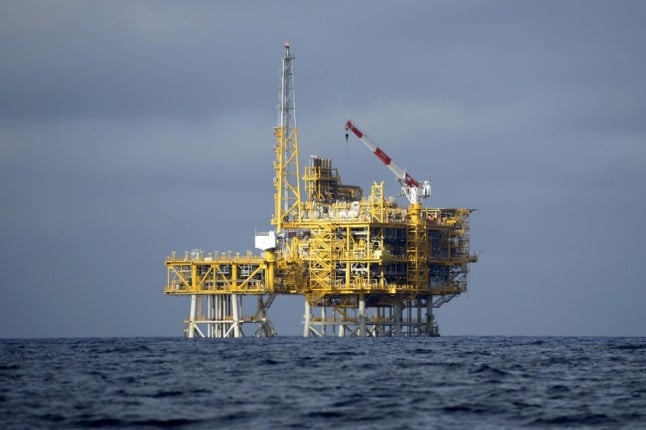Operations at the plant, a giant underwater storage facility in the Gulf of Valencia, were suspended in September 2013, just months after it opened, following several hundred quakes which experts said were likely linked to the gas pumping process.
Known as Project Castor, the plant was built to store gas in a depleted oil reservoir 1.7 kilometres (one mile) under the Mediterranean which would have been sent to Spain’s national grid by pipeline.
The trial opened on Monday at a court in the Valencia region, with the pair accused of “crimes against the environment” linked to the absence of exploratory studies on seismic activity in the area.
If convicted, they could face up to six years in prison, according to court documents seen by AFP.
Both are senior executives at Escal UGS, which is two-thirds owned by Spanish construction giant ACS. They were indicted in 2015.
A dozen environment ministry officials were also charged but the case against them was dropped after no evidence was found of irregularities in granting a permit for the project, which was funded by the European Investment Bank.
Owned and operated by Escal UGS, the plant was built with a capacity for 1.3 billion cubic metres of gas — enough to supply the Valencia region and its five million residents for three months.
But when work to pump in the gas started in June 2013, the quakes began, prompting protests by environmental groups and local residents, with the government suspending its operations in September of that year.
The court accused Escal UGS of not carrying out a study on seismic activity in the area and of delaying the suspension of gas-pumping activities even after the consequences were known, creating “a dangerous situation which was potentially catastrophic”.
At the time, Escal claimed that seismic activity in the area did not meet the threshold for requiring a study.
In 2014, the Spanish government paid out 1.35 billion euros ($1.57 billion) in compensation to Escal UGS for not being able to operate the facility although the payment was overturned by a court three years later.
In May 2017, the government announced the definitive closure of the plant after scientific studies concluded there was a probable link between the quakes and the storage plant.
The trial is expected to run until November 15th.



 Please whitelist us to continue reading.
Please whitelist us to continue reading.
Member comments